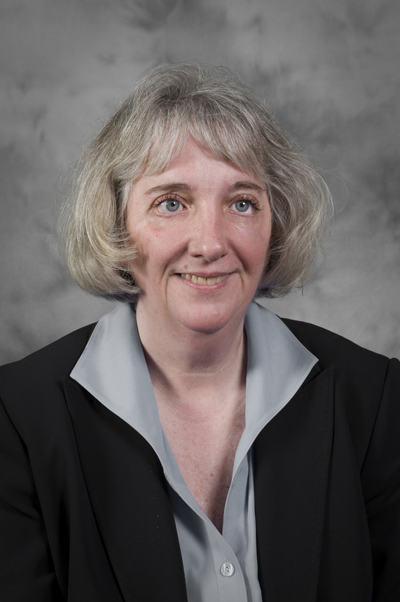Researcher says millennials are losing their grip

Dr. Elizabeth Fain
Young Americans have gotten weaker – or at least their grip has – according to research conducted at Winston-Salem State University.
The study by Elizabeth Fain, an assistant professor of occupational therapy (OT) at WSSU, evaluated the grip strength of 237 people between the ages of 20-34 and compared the findings to a study conducted in 1985. The results revealed that, on average, the hand strength of young males has decreased by 20 pounds of force, and the hand strength of females has decreased by 10 pounds of force.
“Work and leisure patterns have changed in America dramatically since 1985 when the original norms were established,” said Fain. “Millennials – individuals born after 1980 – report a frequent usage of technology in work, play, and leisure activities. That appears to have had an impact on their grip.”
Doctors and therapists use the grip strength norms established in 1985 when assessing an individual’s injury and throughout the rehabilitation process. Fain hopes to receive a grant to expand her study with the hope that clinical norms may be adjusted to accommodate for the generational grip strength change.
“It is very important to update clinical norms,” said Fain. “When we have patients, we evaluate their progress compared to the norms established 30 years ago. This means we do not have a real picture of the situation. I believe we should update our norms every 10 years.”
Five WSSU OT students had the opportunity to assist Fain, providing valuable research experience. The students not only helped write review board proposals and literature reviews, they also assisted in collecting data from participants at WSSU, Salem College, and various fitness centers.
Research is an important component of the university’s OT program. Students in the program are required to participate in a research project to enhance their ability to apply the principles of evidence-based research in scholarship and practice.
While Fain has concluded the first phase of this study, she has already begun work on a second phase. She is expanding her research to focus on the correlation of grip strength with other health issues, including dementia. She is also working with Wake Forest Baptist Medical Center to help determine how various types of skin grafts impact a patient’s grip strength and functional skills.
WSSU’s Master of Occupational Therapy program is highly competitive and averages a 95 percent graduation rate. For more information about the program, visit WSSU Occupational Therapy.
